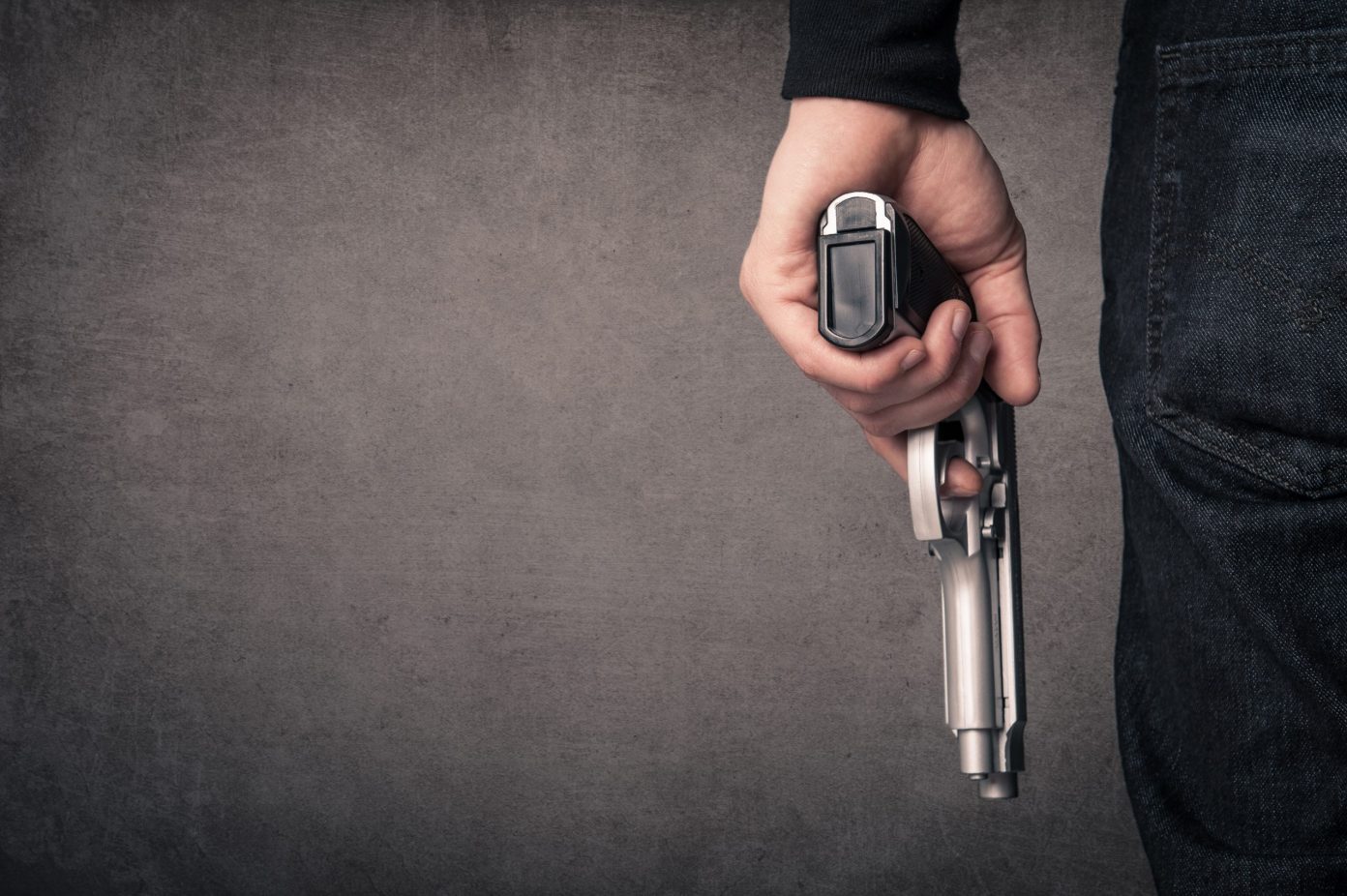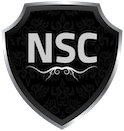
Robert C. Smith of Nightlife Security Consultants outlines five solutions to combat an uptick in gun violence in the hospitality industry.
The other night there was a fight in a club, a guy started losing and before security could intervene, he pulled his gun and started shooting at his opponent: six shot, one dead.
Folks, the genie is out of the bottle. Gun violence is here and it is not going to change anytime soon. I presented on this topic at a previous ED EXPO, in 2017. It was a problem then and it’s a problem now. A client told me the other day, “the problem is that society has changed and that’s that”. My response to him was; “OK, what do you do, as a club operator, to change with society?” (if that is really the issue)
I have talked about this before and wanted to say it again. To me, the “fix” is not easy and not one single thing. It’s not gun control and it’s not banning certain guests. It isn’t entry door pat downs or walk-through magnetometers. It isn’t mass arrests or off-duty police details.
My friends, it is a massive combination of all the above and more. But, like every problem we have as an individual or as a group, we must just accept the issue of increasing gun violence and we must try to find possible solutions to mitigate or lessen the chance of that gun coming out in the club, in the parking lot or as the angry guest drives away from our club.
Again, to me, the issue has slowly grown over the past 20 years — but, much faster over the last eight years. And it’s not just “gun” violence, it’s violence in general in the hospitality industry. You better recognize violent incidents are up and this includes violence with females as the aggressive party. Again, this is not going to change, we must accept it and try to adapt and adjust or total approach.
From the hospitality security side, I offer these possible pieces to the “solution puzzle”. They might not be for everyone but at lease have an open mind.
#1. Off-duty officers in the parking areas. For most of my consultation career, I did not like my clients to use off-duty officers. I have always felt they don’t really pull their financial weight. BUT, if we accept that guns are in cars and can be accessed by an angry or emotional guest, having cops in the immediate area can help.
#2. Strong guest code of conduct. Operators must stop accepting bad behavior as part of the operation. If you have a guest code of conduct that is fair, post it at the door and inside the club and truly follow it.
If a guest is extremely threatening or super aggressive, make them leave and ban them for a good amount of time. If a guest is in a fight and you see they were the aggressor and started it, ban them too. Operators cannot allow these guests to feel they are immune and have zero consequences. This is a major issue for many operators because often these bad guests are also spending $2,000 dollars a night. Too bad, you can create a safer environment and you’ll make more money.
#3. Strong entry door policies and work. Teach your team the door is the best place to stop the bad guests and to find all weapons. Over the past 10 years, guests have truly accepted strong door work that makes the guest feel safer upon entry.
If your door staff appears and acts professional, the guest will accept the entry safeguards as they come in. Using a metal detection system with follow-up searches or simply good and thorough pat downs of both male and female guests can prevent weapons and make guests feel safer.
Operators must remember their guests have grown up with school shootings and acts of terror and want to feel safe when they go out. Yes, 20 years ago, having a metal detector and pat downs might have sent the wrong message … but not today!
#4. Training to understand detention and searching. Nearly all club and parking lot shootings occur during or after a club fight. Hosts or guards have separated the guests, broken up the fight and just walk the guests outside. The angry or drunk guest pulls their weapon from their pants and starts shooting.
I have always taught operators and staff to recognize that if your team is grabbing a fighting guest, holding them, and moving them outside, this is, by definition a detention or a citizen’s arrest and not illegal. If you have them under control, search them for weapons and their ID. Yes, search them.
I know some operators are either laughing or saying I’m full of crap. Trust me, I’m not and I’d advise you to check the law. Your guards are private persons and the illegal search and seizure language in the Fourth Amendment of the Constitution does not apply to them. This legal search can help your team discover a weapon on the guest and prevent that club or parking lot shooting.
#5. Using the police as a resource. Again, I have taught for over 20 years there are good and bad calls for police service. Calling for help from police can prevent that club or parking lot shooting too. Calling the police after your team holds a violent guest who has injured another guest, even if the injured guest does not want police, can also help prevent that shooting. This type of call is a good call for service and if you get sued by the injured guest, you will be asked what you did after the assault to help the injured guest, and this will help you with the jury.
These are only five suggestions I know can help mitigate or lesson gun violence. There are other possible solutions for operators but not enough space to list.
Additionally, operators must get involved in their city and county political system. I know this is another area that most operators want to avoid. However, your clubs are part of a multibillion-dollar nighttime economy and can wield great weight if you act together.
So, if your club is doing its part, try to get others to do their part. If a team member is assaulted and they detain the guest for assault, call the police to make the police report. If the police don’t or can’t show up, your team has searched the “suspect” and from their identification, know who they are. The suspect is released but on that next Monday, have that team member make the police report, give the officer or detective the video, the reports and suspect information. This is a very simple process, costs almost nothing, and for the detective, it’s almost an open-and-shut case. Then, follow up with the city attorney or district attorney for prosecution.
Remember, we are trying to hold that small percentage of bad guests accountable for their behavior. This can prevent that one guest and possibly others from their circle of friends, from other violence, including gun violence in your club or parking lot.
These possible solutions might not work for every operator or club, but I know from my 23 years of security consultation experience, they can work if applied correctly.
I will always offer up ideas and possible solutions instead of just empty talk of gun violence. The genie is out of the bottle, and we must accept it. What did John McClain say in “Die Hard” … “If you’re not part of the solution, get out of the way.”
Good luck and stay safe!
Robert C. Smith is the President and CEO of Nightlife Security Consultants (NSC), Inc. His company has trained over 10,000 hospitality employees and worked with over 1500 alcohol service venues nationwide. The unique training created and offered by NSC covers the topics such as conflict resolution, legal use of force, premise liability, recognition of bad id, active shooter awareness and more. Based on his successful training solutions, Robert has been called upon to provide expert guidance for attorneys, insurance companies, law enforcement officials and industry trade associations surrounding areas of liquor and premise liability.
Robert’s training programs and expertise have been reviewed by state courts and insurance companies and have been deemed well above the “Hospitality Industry Standard of Care” surrounding training and education of bar and club security employees. Now retired, after 20-years as a San Diego Police Officer and Detective, Robert continues to teach and train to help lower liquor liability for all liquor licensed establishments. You can reach Robert on Twitter @bouncercoach or email at [email protected].

